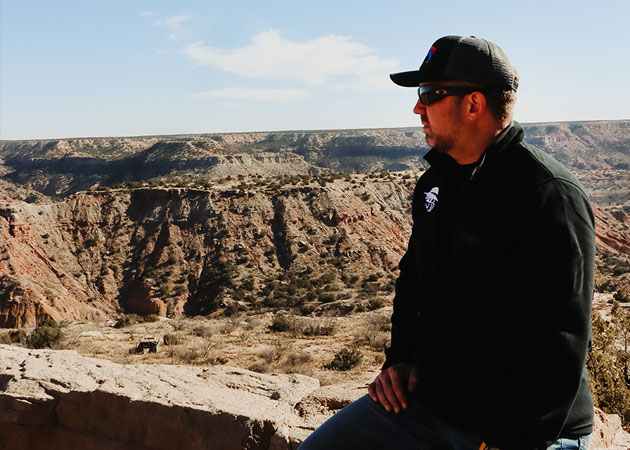You know, when you inherit a house, you hear that it has to go through probate. You start thinking about how much you will inherit, and what you can do with that money, and you ask, “How long does probate take?” Don’t deny it. You know we all do it.
A vast majority of probate cases are handled by County courts (vs. city or district and can be a lengthy process for several reasons. First, there are waiting periods built into the laws. For instance, after you open a probate case, you have to wait three months for creditors to come forward. Secondly, estates tend to be complicated by hard-to-value assets, hard-to-find assets, finding assets of a person who has passed away, or disagreements between beneficiaries. These issues can add a great deal of time to the process.
What is Probate?
Nolo Law for All says, “Probate is a legal process that takes place after someone dies. It includes:
- proving in court that a deceased person’s will is valid (usually a routine matter)
- identifying and inventorying the deceased person’s property
- having the property appraised, paying debts and taxes, and
- distributing the remaining property as the will (or state law, if there’s no will) directs.
Does All Property Have to Go Through Probate?
Quoting Nolo Law for All: “Not all assets are subject to probate. Some kinds of assets transfer automatically at the death of an owner with no probate required.” The most common kinds of assets that pass without probate are:
- Joint Tenancy assets-when one joint tenant dies, the surviving joint tenant becomes the owner of the entire asset. For example, the property owned by “Jane Sage and John Sage, as joint tenants with rights of survivorship, if Jane dies, John owns the entire house.
- Tenancy by the Entirety or Community Property With Right of Survivorship-these are forms of property ownership that function like joint tenancy, in that the survivor owns the entire property at the death of the other tenant, but are only available to married couples.
- Beneficiary Designations
- Payable on Death Accounts/Transfer on Death Accounts
Probate House Sale Process
If the house in question is part of those assets that are not subject to probate, the house can be sold easily. It happens all the time. If the house is subject to probate, the heirs may still quickly dispose of the property when the court appoints an executor. Choices for disposal of the property include using a realtor with an MLS listing, heirs selling the property themselves, or using a real estate investor.


